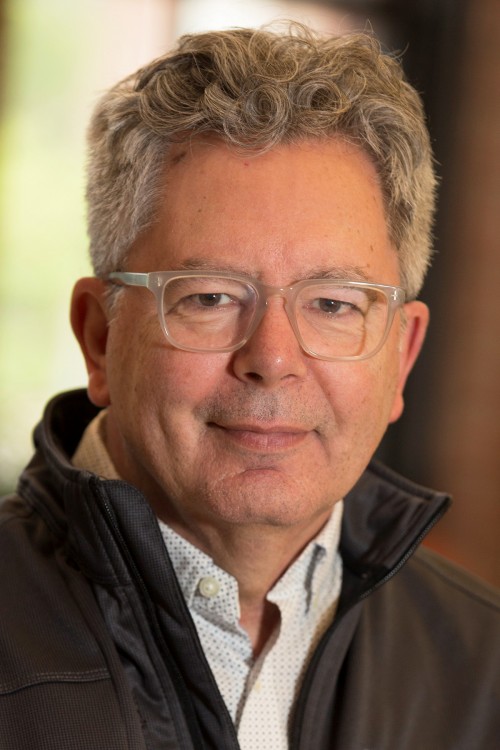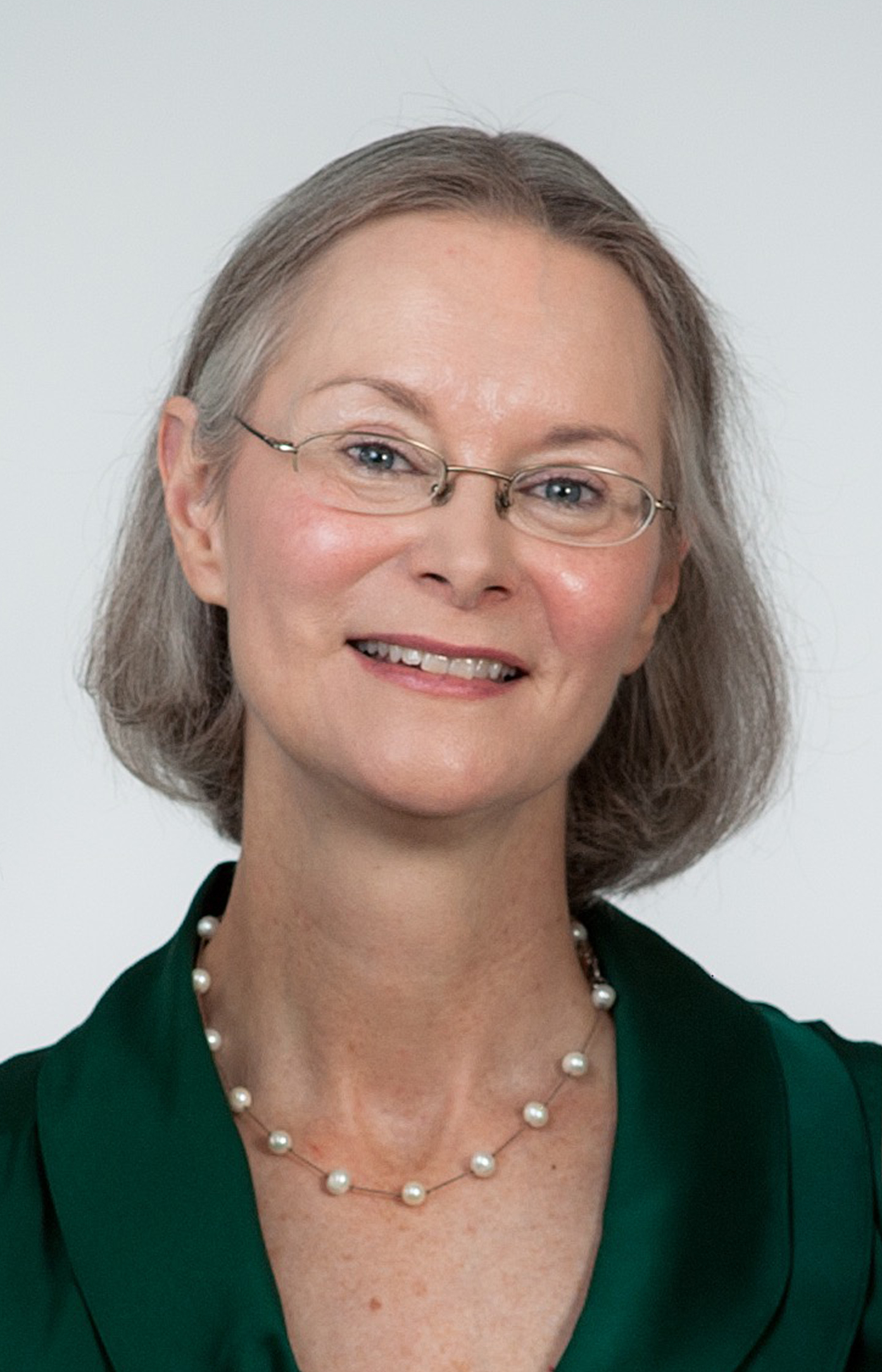May 25, 2017
Distinguished scientific leader to head Chicago Biomedical Consortium
Drug developer on 100 patents will direct university partnership
 The Chicago Biomedical Consortium (CBC), a research and education collaboration of Northwestern University, the University of Illinois at Chicago and the University of Chicago, has named James E. Audia, a distinguished researcher and scientific leader with more than 30 years of broad experience in the pharmaceutical industry, as its new executive director.
The Chicago Biomedical Consortium (CBC), a research and education collaboration of Northwestern University, the University of Illinois at Chicago and the University of Chicago, has named James E. Audia, a distinguished researcher and scientific leader with more than 30 years of broad experience in the pharmaceutical industry, as its new executive director.
Audia, currently chief scientific officer at Constellation Pharmaceuticals, assumes his new position Aug. 1. A named inventor on more than 100 issued patents, he will usher the innovative consortium into a new phase in its second decade, with a focus on fostering entrepreneurship and guiding translational research projects toward commercialization.
“Jim brings expertise and deep knowledge of drug discovery, as well as connections to an outstanding network of relationships with the pharma, biotech and biotech investment communities,” said Brian Kay, the CBC scientific director at UIC.
“In addition to his scientific credentials, Jim has a deep commitment to strengthening and expanding the Chicago biomedical ecosystem,” said Richard Morimoto, the CBC scientific director at Northwestern. “We have every confidence that Jim will continue his track record of success and will provide excellent leadership as the CBC pursues its ambitious goals for phase two.”
In six years at Constellation, Audia focused on epigenetics and the discovery of small molecules that target chromatin regulatory mechanisms in cancer, immunologic disorders and other diseases. Under his leadership, Constellation established a portfolio of novel inhibitors and immuno-regulatory molecules in blood cancers and solid tumors.
“I’m thrilled to join this vibrant team that encompasses the CBC and its member institutions,” Audia said. “The mission of the CBC is broad and transformative for the greater Chicago community, but it also resonates with me at an individual level, affording me an opportunity to reconcile my personal and professional ambitions.”
Audia received his Ph.D. in organic chemistry from the University of South Carolina and did postdoctoral research at Yale University. Prior to joining Constellation, he enjoyed a highly productive 23-year career in drug discovery at Eli Lilly and Company, where he eventually became a Distinguished Lilly Scholar, the highest rung on the company’s scientific ladder. His drug discovery work contributed to more than a dozen candidates for the treatment of Alzheimer’s disease and other unmet medical needs, including the first gamma secretase inhibitor and an industry-leading beta secretase inhibitor. In addition to his contributions to Lilly’s drug-development pipeline, Audia also played a major role in companywide leadership of Lilly’s scientific strategy and portfolio management.
 At CBC, Audia succeeds Kathryn C. (Katie) Stallcup, who will retire in September after serving as executive director of the consortium since its launch in 2006. She helped formulate the CBC concept and the proposal that led to phase-one funding, during which CBC researchers advanced our understanding of the biology underlying heart disease, autism, leukemia, diabetes, Parkinson’s disease and other medical conditions.
At CBC, Audia succeeds Kathryn C. (Katie) Stallcup, who will retire in September after serving as executive director of the consortium since its launch in 2006. She helped formulate the CBC concept and the proposal that led to phase-one funding, during which CBC researchers advanced our understanding of the biology underlying heart disease, autism, leukemia, diabetes, Parkinson’s disease and other medical conditions.
“We are so thankful to Katie Stallcup for her graceful stewardship of this organization during its first 10 years,” said Lucy Godley, CBC scientific director at UChicago. “Katie has positioned the CBC to be a critical entity for faculty and trainees at the three academic institutions, and Jim will be able to use that infrastructure to expand the programming to increase applications of the exciting basic research findings being discovered at each of our respective institutions.”
During phase one, almost 300 merit-based awards supported research in drug discovery, epigenetics, biomedical engineering, proteomics and systems biology. Researchers and projects funded by the CBC have so far earned $514 million in additional external funding, mostly from the National Institutes of Health, and generated over 1,700 publications.
For phase two, the Searle Funds at The Chicago Community Trust has pledged $21 million over five years, including $5 million for the first year, which began Jan. 1. This extraordinary support will continue to stimulate the CBC’s multi-institutional, interdisciplinary collaborations for improving human health.
Two new accelerator programs will partner with existing programs at the three universities to help identify promising research:
- The CBC Accelerator Network is a regular forum to bring together academic and industry scientists to discuss ideas for commercialization and to educate entrepreneurial-minded researchers about market realities.
- CBC Accelerator Awards will support translational research and provide university researchers with early commercial guidance. The awards will support the initial, highest-risk stage of commercially directed research. Industry experts will participate in the merit-based selection of projects.
Also new is the CBC Entrepreneurial Fellowship program, which will identify and support young researchers interested in working in the biotech startup space of Chicago.
SOURCE:
▸ Distinguished scientific leader to head Chicago Biomedical Consortium
By Bill Burton / May 25, 2017 / UIC News Center
FOR RELEASE: May 25, 2017
MEDIA CONTACTS:
Bill Burton, University of Illinois at Chicago, at 312-996-2269 or burton@uic.edu
Megan Fellman, Northwestern University, at 847-491-3115 or fellman@northwestern.edu
Jeremy Manier, University of Chicago, at 773-702-8187 or jmanier@uchicago.edu
see also:
▸ Distinguished scientific leader to head Chicago Biomedical Consortium
May 25, 2017 / Northwestern News
